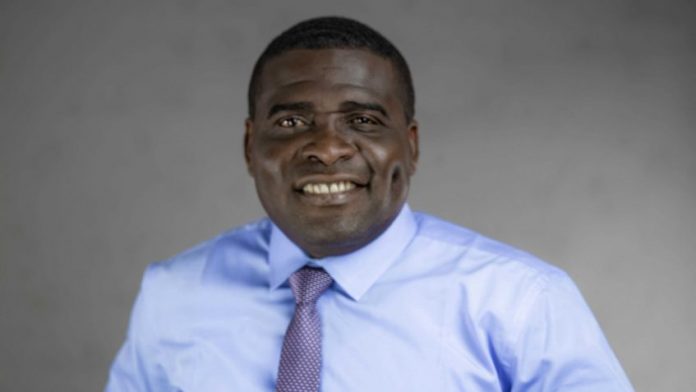
By Moses Oluwaseyi
Over the years, the community of Persons With Disability (PWD) have been disadvantaged in virtually every sphere of the society; religious and traditional institution and most painful, by the government. The preamble of the Nigerian constitution paraphrased says the purpose of the constitution is for promoting good government and welfare of all persons in the country on the principle of freedom, equality and justice while chapter four emphasized on the right to life of a person and dignity.
Unfortunately, this portion of the constitution have been disregarded especially as it relates to issues of PWD in Nigeria. Several building establishment have subconsciously closed the opportunity of accessing their facilities by PWD through their systems of constructions which is not inclusive. These include not just the private sector alone but, some government structures are guilty of this same act.
Similarly, the level of discrimination in job opportunities, academic institutions, political space and governance at large is very alarming. Since the return to democracy in 1999, it almost impossible to single out any administration who have publicly identified with the community of PWD either via appointment into ministerial positions,, Commissioner or even special advisers.
Although political parties have made effort to provide slight spaces for women and youth after several years of campaign for inclusion, the constituency of PWD are hardly found anywhere close to policy making. This is despite the said community constituting over 30 million of registered voters even though circumstances around the election process have prevented them from discharging their civic rights.
In recent years, there has been series of campaign to call for inclusion of PWDs in the political process. For instance, several engagements by Inclusive Friends Association are renowned for their effort in inclusion of PWDs especially during elections via constant engagement with stakeholders. Their engagement have brought remarkable changes in the election process via continuous interaction with the Independent National Electoral Commission (INEC) who is the election umpire. The introduction of a braille guide for the visually-impaired, magnifying glasses and separate queuing systems to mention a few have been introduced to voting system which is a plus and have encouraged more participation.
Nonetheless, the list of candidates contesting for Edo Governorship elections recently released is a call for concern as none of the fourteen (14) political parties contesting in the state as published by INEC considered the PWD community worthy to represents them.
The absent of representation over the years can also be associated to reasons why issues involving the PWD constituency have not been given full priority at almost every level of governance. Beyond participating as voters, PWDs have the ability to make right decisions that can lead to development.
Political parties need to initiate a party policy that is all inclusive by creating space for the PWDs in all levels of their engagements. Also the ongoing electoral reforms should reconsider issues that will create an enabling environment for PWD from the continuous voter registration, collection of permanent voters’ card and Election Day process.
As a matter of policy, INEC as an election umpire should ensure at least a PWD in almost every polling unit either as ad-hoc staff.
Also, worthy to note that, the security agency on Election Day have the responsibility providing adequate protection for the PWD. This will aid in building the confidence level in the area of participation. All the aforementioned however requires the full support of the citizens. The discriminatory attitudes must stop and the rights of the PWD must be respected.
Oluwaseyi is a social Development Expert, he tweets @moluwaseyi12
The views expressed in this article are the author’s own and do not necessarily reflect the editorial policy of Sky Daily





































